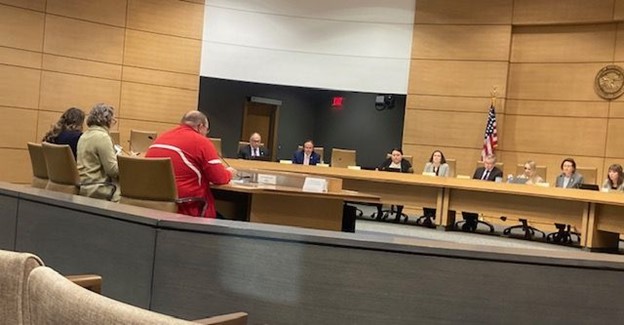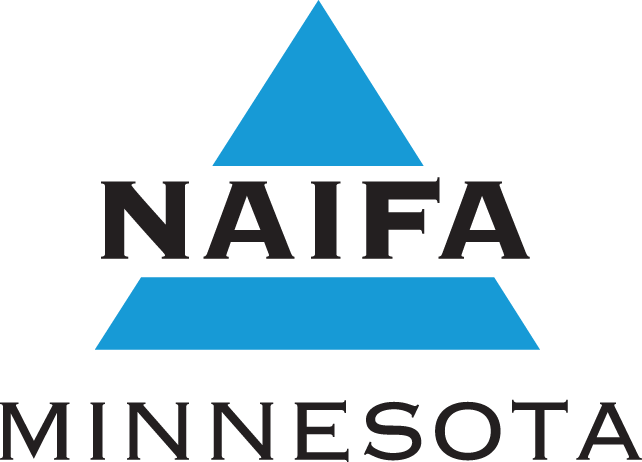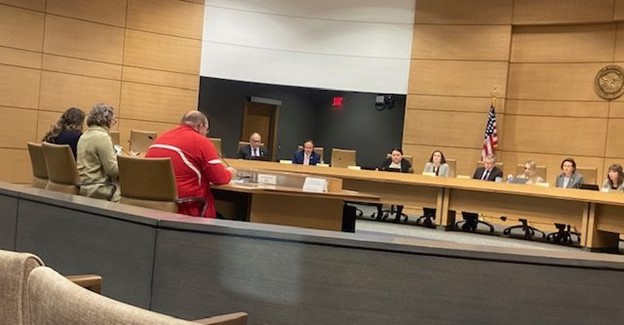Walz Releases Budget
On Tuesday Governor Walz released a $65.2 billion proposed budget for the coming two-year biennium. The proposed budget is a big jump from the $54 billion budget in the current biennium. The biggest winner in the plan is education, which would receive $12 billion in new spending over four years. Other winners include infrastructure, public safety, housing, transportation, and human services. In addition to the billions of dollars in new spending, the Governor also called for some tax increases, including increasing the Metro sales tax, expanding the capital gains tax on upper incomes, increasing fees for a variety of state programs, and increasing payroll taxes to pay for the family and medical leave program. Perhaps to sweeten the tax increases, the Governor included “Walz Checks” in his budget plan. It provides for $2,000 checks for families with under $150,000 of annual income and $1,000 for individuals earning under $75,000 in annual income. The plan also includes $8 billion in tax cuts, which the Governor called “the biggest tax cut in Minnesota history.” Now that the Governor’s budget has been released, attention turns to the Legislature, where committee hearings will begin dissecting the Governor’s proposals. The Legislature won’t approve everything the Governor wants but expect to see much of the Governor’s requests in the final budget bills passed in May.

NAIFA-Minnesota leader Corey Anderson testifies before the Senate HHS Committee
Family and Medical Leave Continues to Move Forward
The Senate Health and Human Services Committee on Monday heard and approved SF2 (Mann, DFL-Edina). Supporters of the bill told Committee members action is needed to help Minnesotans take the time they need when having a baby, dealing with a dying parent, or recovering from major surgery. They said that the U.S. is an outlier among developed nations in providing paid leave for workers in certain circumstances. Opponents warned that the benefits of creating and managing a state FML plan don’t balance the costs to employers and employees with the new taxes needed to fund the program. Corey Anderson testified on behalf of NAIFA-Minnesota. He noted that there is private sector insurance available today that employers can take advantage of. The bill was approved and referred to the State and Local Government and Veterans Committee. On Wednesday the House Workforce Development Finance and Policy Committee heard HF2 (Richardson, DFL-Mendota Heights), the House companion bill to S.F. 2. The bill was approved and referred to the Committee on Judiciary Finance and Civil Law Committee, which has scheduled the bill for a Tuesday hearing.
Association of For-Profit Health Plans Forms
A new trade association of for-profit health plans announced its formation on Thursday. Called the Health Plan Partnership of Minnesota, the group will advocate for expanded access to care, increased equity in health care, addressing affordability, and educating policymakers, opinion leaders and regulators about policies to improve Minnesota’s health care, programs, and services. The founding members of the Association are Allina Health – Aetna, Humana and UnitedHealthcare. The new association will put pressure on the Council of Health Plans, which represents Minnesota’s non-profit health plans and, until now, was the sole voice of health plans at the Capitol.
Bill Introductions
Kotyza-Witthuhn introduced:
H.F. 780, A bill for an act relating to consumer protection; requiring pet insurance to cover preexisting conditions; proposing coding for new law in Minnesota Statutes, chapter 325G.
The bill was read for the first time and referred to the Committee on Commerce Finance and Policy.
Tabke and Stephenson introduced:
H.F. 770, A bill for an act relating to insurance; modifying provisions governing life insurance; amending Minnesota Statutes 2022, sections 61A.031; 61A.60, subdivision 3.
The bill was read for the first time and referred to the Committee on Commerce Finance and Policy.
Becker-Finn, Her, Wolgamott and Nelson, M. introduced:
S.F. 782, A bill for an act relating to retirement; establishing the Minnesota Secure Choice retirement program; proposing coding for new law as Minnesota Statutes, chapter 187.
The bill was read for the first time and referred to the Committee on State and Local Government Finance and Policy.
Gillman, Harder and Knudsen introduced:
H.F. 866, A bill for an act relating to insurance; allowing the sale of life insurance policies that convert to long-term care insurance policies; amending Minnesota Statutes 2022, sections 60A.06, subdivision 3; 61A.54; 62S.01, subdivision 18.
The bill was read for the first time and referred to the Committee on Commerce Finance and Policy.
Senators Champion, Seeberger, Xiong, and Port introduced:
S.F. No. 762: A bill for an act relating to insurance; prohibiting insurers from discriminating based on the breed of dog owned; proposing coding for new law in Minnesota Statutes, chapter 65A.
Referred to the Committee on Commerce and Consumer Protection.
Senator Lucero introduced:
S.F. No. 854: A bill for an act relating to taxation; individual income; providing a subtraction for health insurance premiums; amending Minnesota Statutes 2022, sections 290.0132, by adding a subdivision; 290.091, subdivision 2.
Referred to the Committee on Taxes.
Senator Gruenhagen introduced:
S.F. No. 883: A bill for an act relating to insurance; allowing health carriers to offer reference-based pricing health plans; proposing coding for new law in Minnesota Statutes, chapter 62K.
Referred to the Committee on Human Services.









